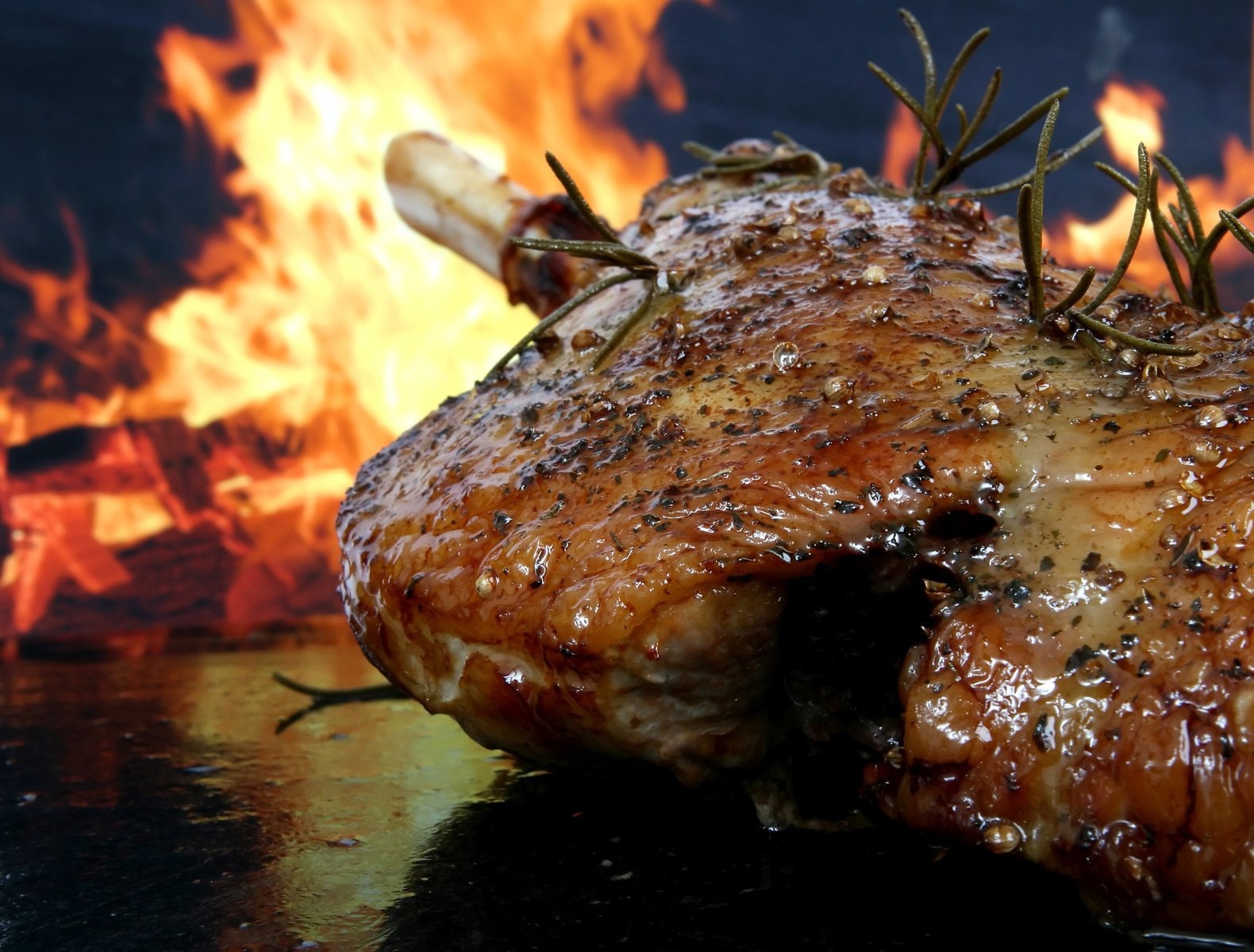For centuries, dogs have been cherished as faithful companions, earning their place as part of the family. As responsible pet owners, we strive to provide them with the best care, including a balanced diet that meets their nutritional needs. Among the various food options available, lamb often emerges as a protein source in many pet foods. But is lamb good for dogs? Let's explore this topic in detail.
Lamb, a red meat derived from young sheep, offers several nutritional benefits for dogs. It's a high-quality protein source rich in essential amino acids, aiding in muscle development, repair, and overall growth. Additionally, lamb contains various vitamins and minerals, including iron, zinc, vitamin B12, and selenium, contributing to a healthy immune system and overall well-being.
Learn More About Healthy Lamb Options For Your Dog
However, while lamb can be beneficial for some dogs, it might not suit every canine's dietary requirements. Some dogs may have sensitivities or allergies to specific proteins, including lamb. Food allergies in dogs often manifest through symptoms like skin irritation, gastrointestinal upset, itching, or ear infections. In such cases, pet owners should consider alternative protein sources to avoid adverse reactions.
When introducing lamb into a dog's diet, it's crucial to do so gradually. Abrupt changes in food can upset a dog's stomach, leading to digestive issues such as diarrhea or vomiting. Slowly incorporating lamb into their meals allows their digestive system to adjust and reduces the likelihood of adverse reactions.
Selecting high-quality lamb-based dog food is essential. Look for reputable brands that use real lamb as the primary ingredient and avoid products containing excessive fillers, artificial additives, or by-products. Reading labels and understanding the ingredients list is crucial in ensuring your dog receives nutritious and wholesome meals.
For pet owners who prefer homemade meals, offering cooked lamb as part of a balanced diet can be an option. However, consulting a veterinarian or a certified canine nutritionist to formulate a well-rounded meal plan is highly recommended. This helps ensure that the homemade diet meets the dog's nutritional needs without any deficiencies.
Another consideration is the fat content in lamb. While dogs require a certain amount of fat in their diet, excessive fat intake can lead to obesity and related health issues. Therefore, it's crucial to feed lamb in moderation and trim excess fat before offering it to your furry friend.
Furthermore, bones in lamb (or any other meat) can pose a choking hazard or cause gastrointestinal obstructions. Cooked bones, in particular, are more prone to splintering, potentially causing serious internal injuries. Hence, it's best to avoid giving dogs cooked bones and supervise them closely when they're consuming raw bones.
In conclusion, lamb can be a nutritious and beneficial protein source for many dogs, providing essential nutrients for their overall health. However, individual dogs may react differently to specific proteins, so it's important to monitor your pet for any adverse reactions when introducing lamb into their diet. Consulting with a veterinarian or a canine nutritionist is advisable to ensure your dog's dietary needs are met adequately. With proper care and attention, incorporating lamb into your dog's diet can contribute positively to their well-being and happiness.
